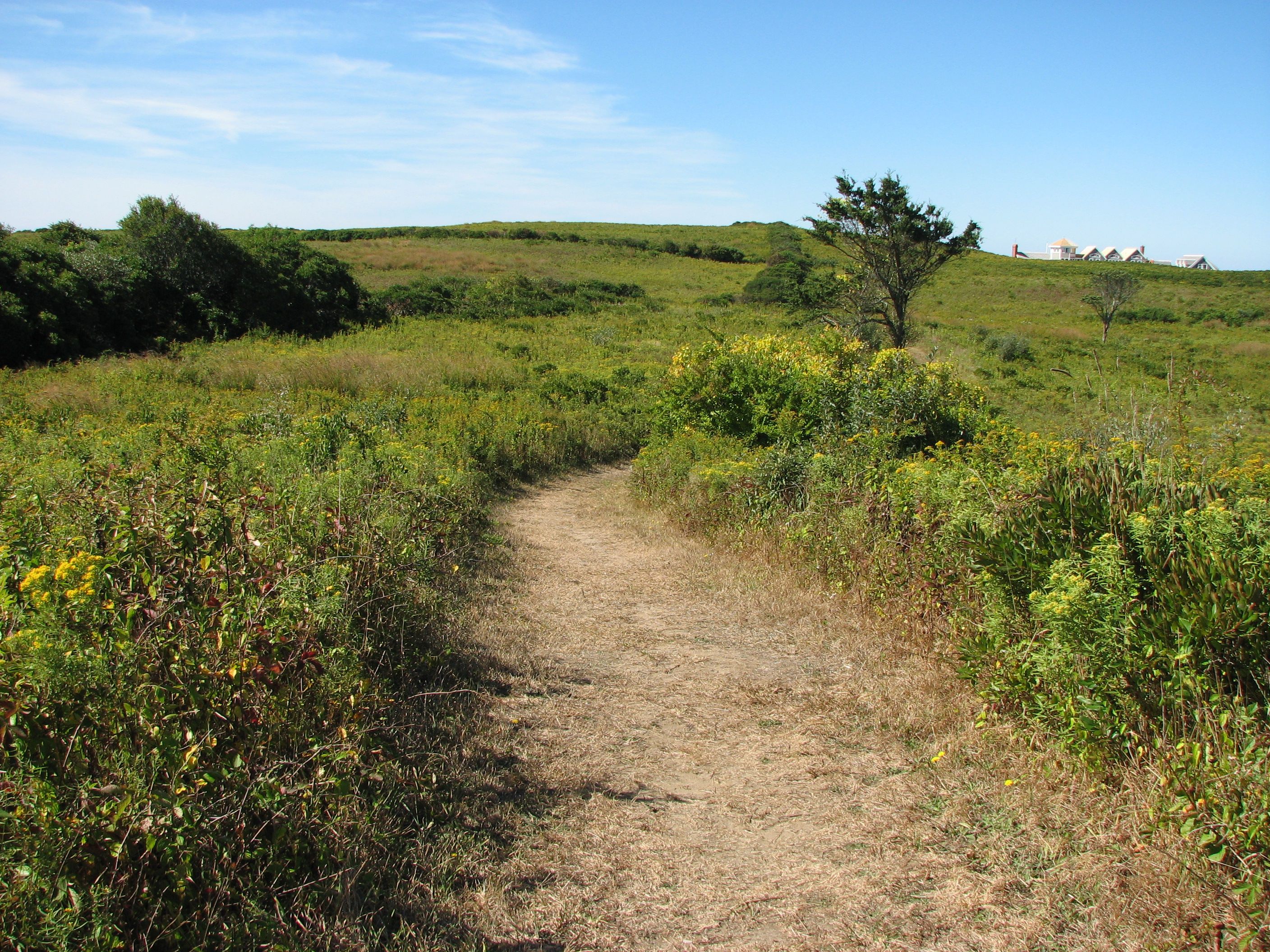Audubon's Lewis-Dickens Farm, Block Island

7 Green Ways to Embrace Earth Day
Happy Earth Day! Since 1970, Earth Day has existed as a global event recognized by more than 192 countries who are committed to caring for the future of our planet. Today is dedicated to our beautiful Earth: celebrating it, enjoying it and of course, considering ways to protect it.
It’s no secret that the environment matters for all living creatures. However, if you’re just one person, it’s easy to feel overwhelmed by how much there is to do. How can one individual make a difference in such a big world? Turns out, even the smallest steps can have an impact. This Earth Day, and every day, consider your ecological footprint and enact these seven green ways to embrace today.
1. Read more.
The first step toward celebrating Earth Day is learning more about it. Now is the perfect opportunity to read more about the environment and how you can get involved. Set aside time to research the current issues affecting our environment and discover ways you can join in to make a difference.
2. Plant a tree.
Since Earth Day roughly coincides with Arbor Day (April 26), now is the ideal time to plant a tree close to your home. Trees help reduce greenhouse gas emissions, clean pollution and keep soil in place to prevent erosion. They literally support life on Earth. Plant a tree you love that can grow in your environment, and see how it thrives for more Earth Days to come. Get up to two free trees from the Rhode Island DEM and Arbor Day Foundation partnership this spring!
3. Welcome animals.
In an effort to get the perfect lawn, many homeowners drive out insects and wildlife, but animals need homes, too. Instead, consider ways that you can welcome animals into your yard. For instance, leave a section of your lawn unmowed, for bees, butterflies and insects to enjoy. Or, set out a bird, squirrel or hummingbird feeder for wild visitors to stop by.
4. Choose local sources.
Locally-grown food tends to have smaller environmental impacts than big, national or international brands. For example, local food doesn’t require as much gas to arrive at your hometown grocery store. This Earth Day, you can support local businesses and the environment by buying food from local farmers markets, grocery stores and farms.
5. Start a garden.
Of course, one of the best ways to source your food is from your very own garden. If you have the resources, time and space, consider planting your own vegetable or fruit garden. If you can’t plant your own, then get involved with a community garden in your area. Soon enough, you’ll have fruits and vegetables to spare come summertime.
6. Reduce waste.
Before you even need to recycle, look for ways you can reduce consumption and avoid items with lots of packaging. For example, use a cloth shopping bag, take an reusable water bottle with you and shop at gently-used clothing stores. Reducing usage from the very beginning diminishes the need for recycling, which uses energy.
7. Join Audubon.
A strong membership base enables Audubon to lead the way as an independent organization in education, conservation, and advocacy for Rhode Island. With the help of our supporters, we are working diligently to protect our state's environment for present and future enjoyment and education.
This Earth Day, you can start habits that will have a long-lasting impression on the planet for generations to come. Even as one person, simple changes can make a world of difference. Keep these tips in mind as you celebrate Earth Day today and every day.

















